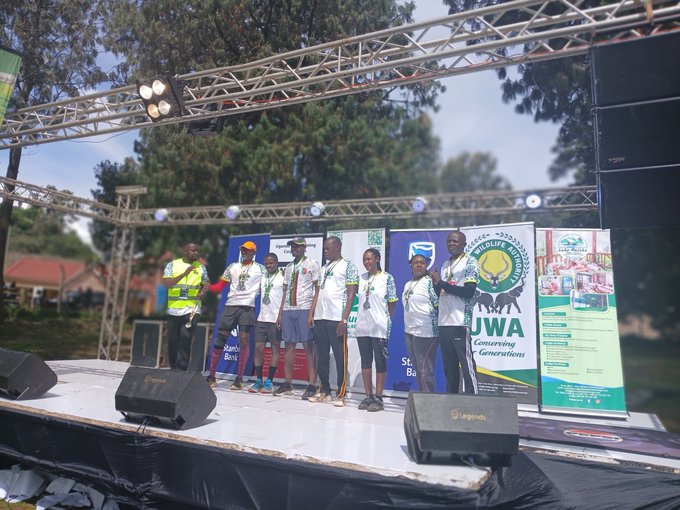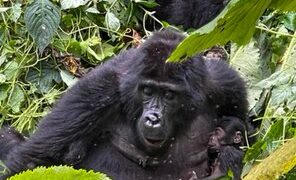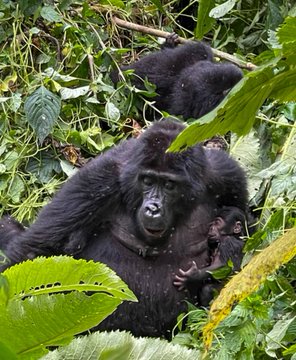Bwindi — Uganda’s conservation efforts have welcomed two new symbols of hope: two baby mountain gorillas have been born in the renowned Bwindi Impenetrable National Park, the Uganda Wildlife Authority (UWA) has announced.
The newest arrivals were born to Kwitonda, a female in the Nkuringo gorilla family, and Bizulu from the Busingye family, increasing the groups’ numbers to 16 and 15, respectively. According to UWA, both mothers and their infants are healthy and thriving in their forest home.
“These joyful additions highlight Uganda’s continued success as a global leader in gorilla conservation, made possible through strong community involvement and ongoing support,” UWA said in a statement posted to social media.
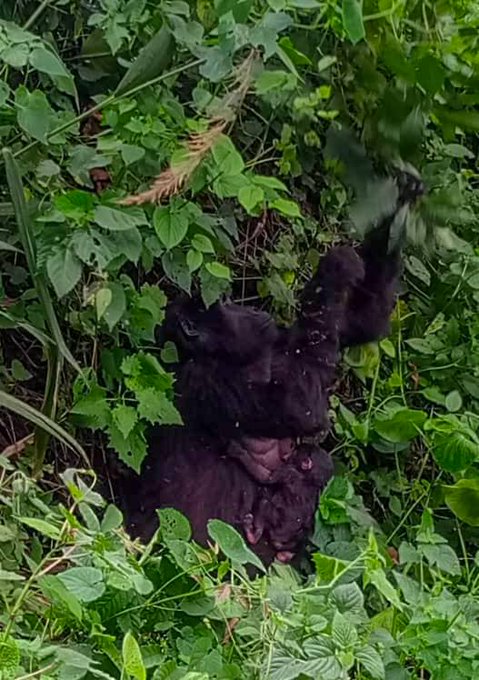
Bwindi Impenetrable National Park, a UNESCO World Heritage Site, is home to nearly half of the world’s remaining mountain gorillas. These new births underscore the importance of protected habitats and sustained local involvement in conservation efforts.
UWA Boosts Awareness Through the Virunga Gorilla Marathon
The gorilla baby boom coincided with UWA’s participation in the 2nd Virunga Gorilla Marathon held in Kisoro District, a region adjacent to Uganda’s gorilla parks.
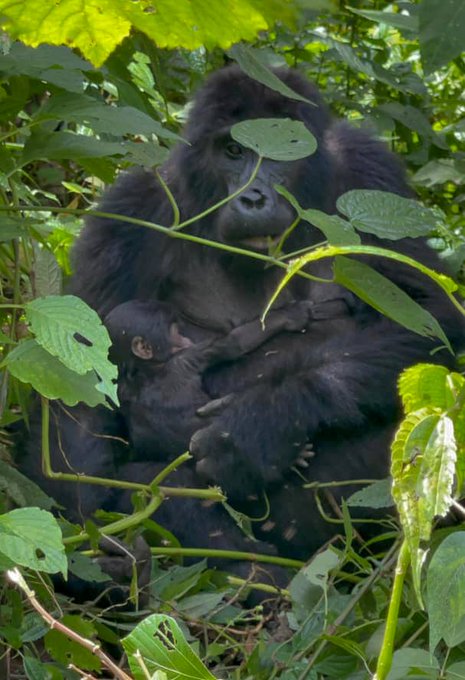
The event featured 42km, 21km, 10km, and 6km races, attracting participants from across the country to raise awareness about wildlife protection and climate action.
Minister of State for Tourism, Hon. Martin Mugarra Bahinduka, flagged off the race and praised the initiative for blending sport, conservation, and community involvement. “Protecting nature is a race we must all run, for wildlife, for climate, for future generations.”
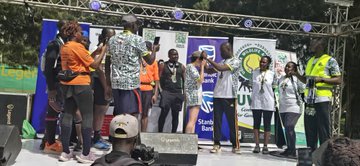
UWEC Welcomes Newborn Giraffe and Celebrates Parrot Day
The conservation celebrations didn’t stop in the wild. The Uganda Wildlife Education Centre (UWEC) in Entebbe announced the birth of a baby giraffe to parents North and Seguya, bringing the centre’s giraffe herd to four.
The calf, whose sex is yet to be determined, is reportedly healthy and adapting well in a semi-natural habitat that mimics its wild environment. UWEC credits the successful breeding program to its dedicated animal welfare practices, veterinary care, and enriching routines.
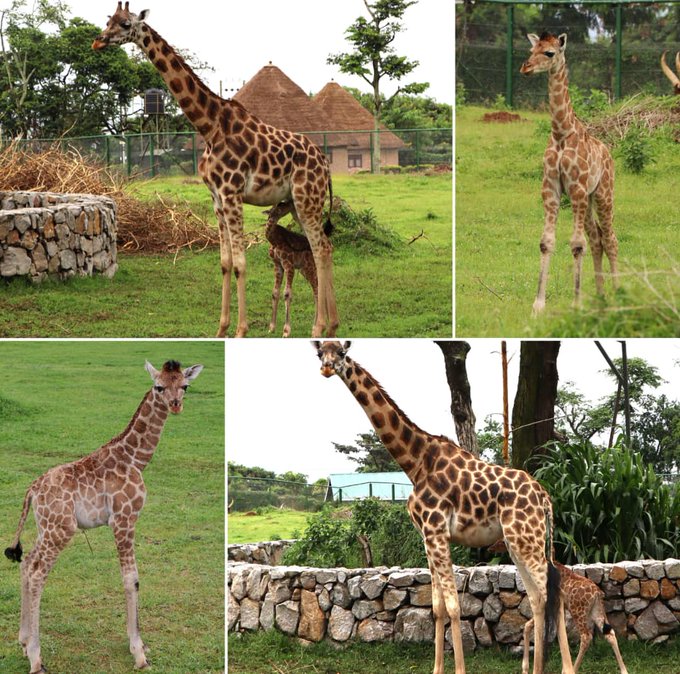
Just a day earlier, UWEC also hosted a colourful celebration for World Parrot Day, engaging school children in learning activities that spotlighted the critical ecological role parrots play in forest regeneration and seed dispersal.
“From feathers to facts, students explored the lives of parrots and discovered how protecting them helps the whole ecosystem,” said a UWEC spokesperson. “Turning curiosity into conservation is what our education mission is all about.”
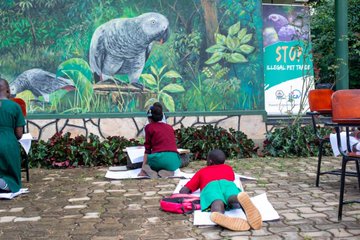
With new life in the treetops of Bwindi and Entebbe Zoo, Uganda’s wildlife institutions continue to demonstrate the value of sustained conservation investment, public education, and community-led stewardship in safeguarding biodiversity for generations to come.
